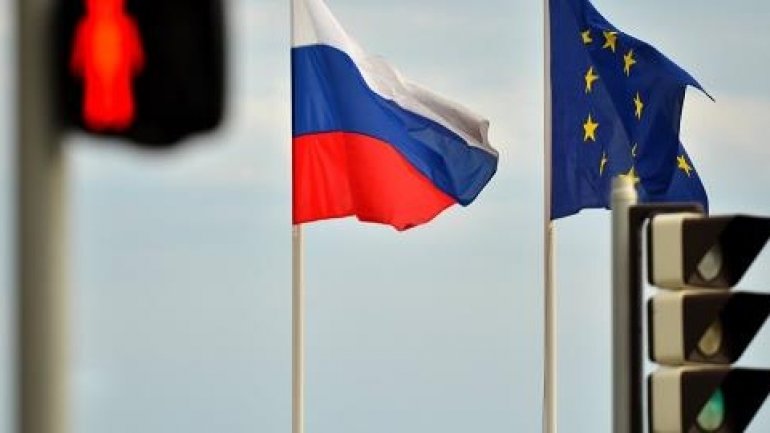Russian deputy minister blacklisted in new EU sanctions
 foto: Bnews.vn
foto: Bnews.vn
The European Union on Friday imposed sanctions on three more Russians, including Deputy Energy Minister Andrei Cherezov, and three Russian companies over the delivery of Siemens' turbines to Moscow-annexed Crimea.
Moscow criticized the EU's decision as an unfriendly and groundless act and said it reserved the right to take retaliatory steps.
The EU first introduced sanctions on Russia after the 2014 military takeover of the Black Sea peninsula from Kiev, and stepped them up repeatedly as Moscow then backed separatist unrest in the east of Ukraine.
The new tightening came in response to the delivery of Siemens' gas turbines to Crimea in violation of EU sanctions, which bar doing business there since Russia's annexation of the peninsula from Ukraine, a move which has not been internationally recognized.
Siemens says it has evidence that all four turbines it delivered for a project in southern Russia had been illegally moved to Crimea.
"The responsibility for this decision, including possible expenses for Siemens and other German and European companies working in Russia, lies entirely with the EU's side and the German government," Russia's foreign ministry said in a statement.
Russia reaffirmed its interest in developing economic cooperation with the bloc and remained committed to all previously assumed obligations, the ministry added.
The EU also said the blacklisted companies include Siemens' two Russian contractors that moved the turbines.
EU's 28 states must be unanimous to go ahead with sanctions and diplomatic sources said Italy's opposition meant a fourth name had to be dropped from the initial German proposal.
Diplomats in Brussels said the Russian energy ministry official is involved in bilateral cooperation with Italy and has since escaped being sanctioned. The Italian representation in Brussels did not immediately respond to a request for comment.
Other EU sanctions on Russia target its energy, financial and arms sectors. The latest additions complement a blacklist that already contains 150 people and 37 entities subject to an asset freeze and a travel ban over the turmoil in Ukraine.
More than three years of coordinated EU and U.S. sanctions, however, have not forced a change of hand in Moscow, which vows to never give back Crimea and still supports the armed conflict in east Ukraine which has killed more than 10,000 people.
Read more Reuters